Social Media Influencers Must Stop Perpetuating Racist Stereotypes
The repetitive use of stereotypes counters hard-fought racial justice efforts
Andrew B. Bachelor, also known as King Bach, a Canadian American actor, comedian and internet personality. Photo courtesy Andrew Bachelor via instagram
March 31, 2023
Content creators use social media platforms such as Instagram, Twitter and TikTok to express their personality and creativity while building a loyal following. Unfortunately, some resort to the use of racist comedic rhetoric to increase views and engagement. While most of the content is intended to entertain viewers, it is often offensive.
King Bach is a Canadian-American comedian most known for content on the now-defunct internet service Vine. With 16 million followers, he is often referenced as one of the first internet personalities to excessively exploit stereotypes in a so-called comedic manner by making skits depicting black men as uneducated criminals. His content became a modern minstrel show.
Bach inspired up-in-coming comedians and influencers to produce derogatory content lacking substance and originality.
“Everybody knows King Bach. He’s funny, but also cringey sometimes,” said Alyssa Todd, a 20-year-old criminal justice major from Ronkonkoma. “After a while, it becomes exhausting to see negative jokes about your culture, especially around the wrong intended audience,” she added.
Many successful comedians are known for pushing boundaries by incorporating politics, religion, gender, sexuality and race into their content. However, it is important that viewers know where to draw the line in the sand, especially when the content is consistently emphasizing negative stereotypes and caricatures of a specific demographic.
Influencers including TikTok creators Johnniewatermelon and Yuddygangtv are both prime examples of content creators who rely on negative stereotypes to gain followers. They post videos of themselves aggressively eating fried chicken and watermelon, which is a degrading reference to Black culture.
Many people on social media are speaking out and asking people to report and stop sharing their content. And they are right.
It is important that influencers are held accountable when posting content regarding stereotypes. Relying on racist stereotypes to increase profile interaction is sending the wrong message to society and sets us back to a period we have desperately fought and are still fighting to overcome.
I understand that the intent may be to entertain, but that is not the representation I want to see from people that look like me.















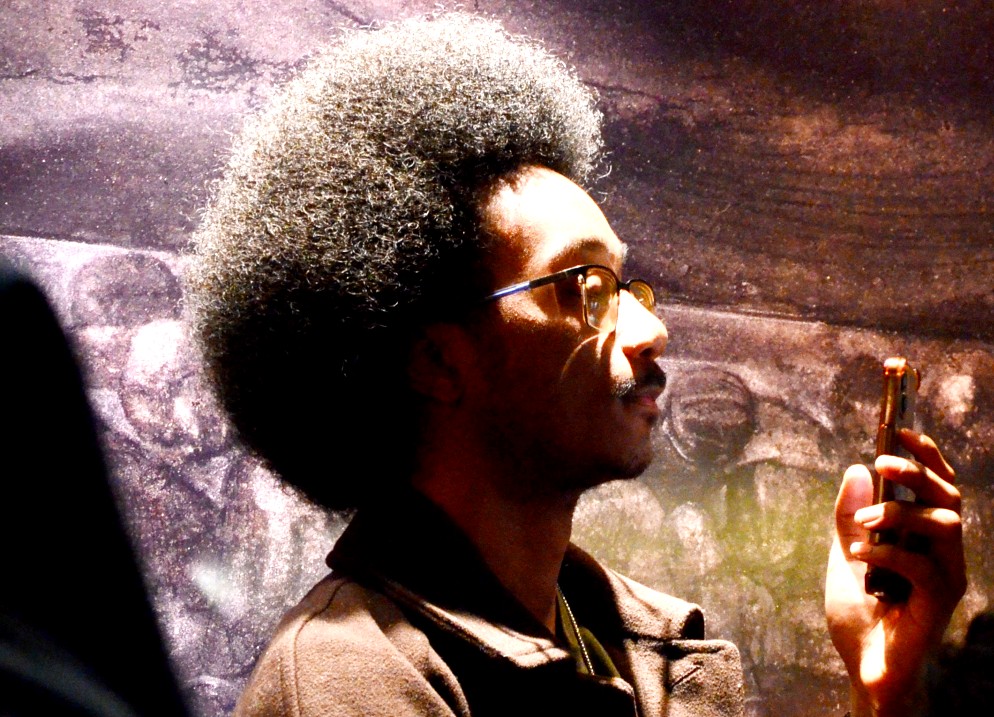



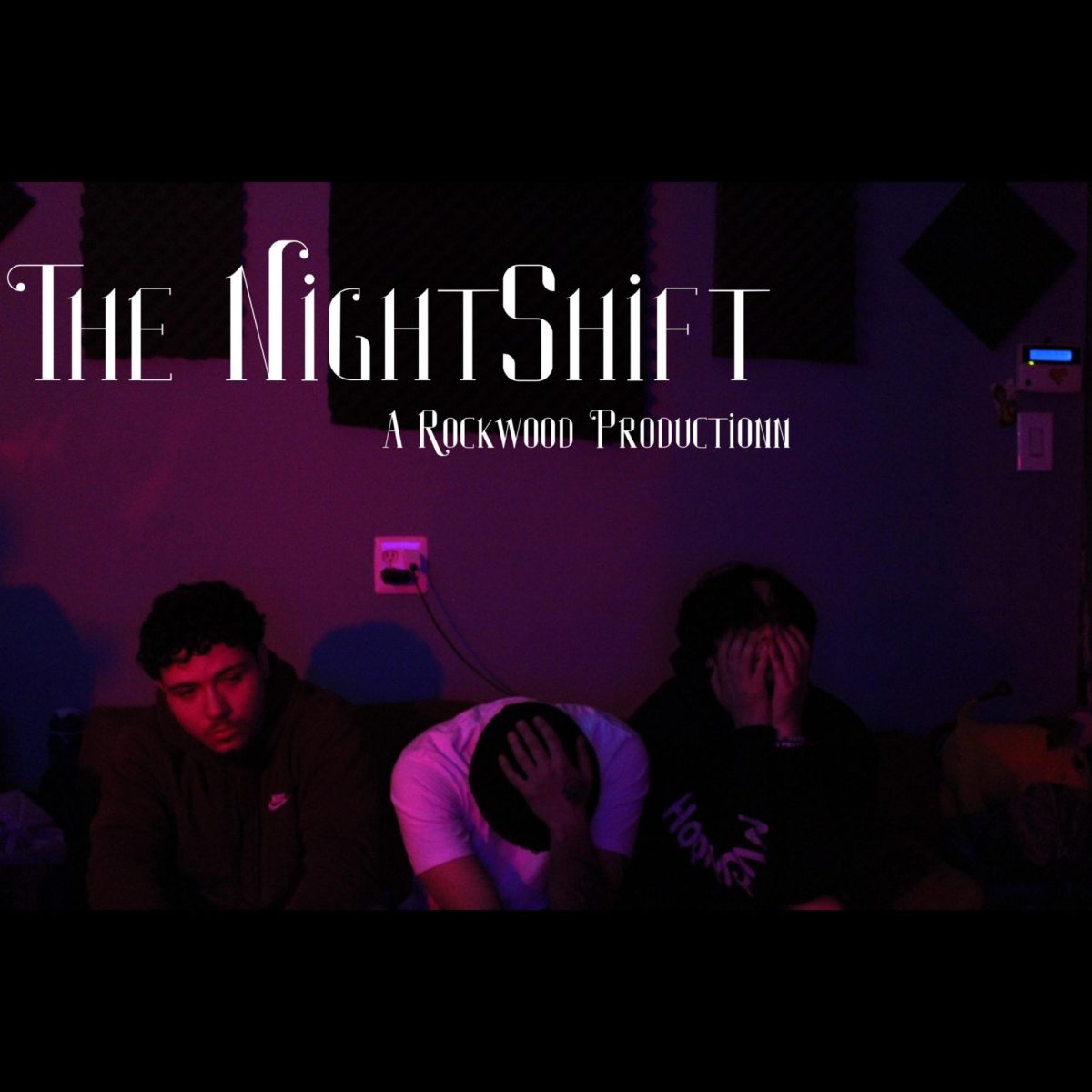

















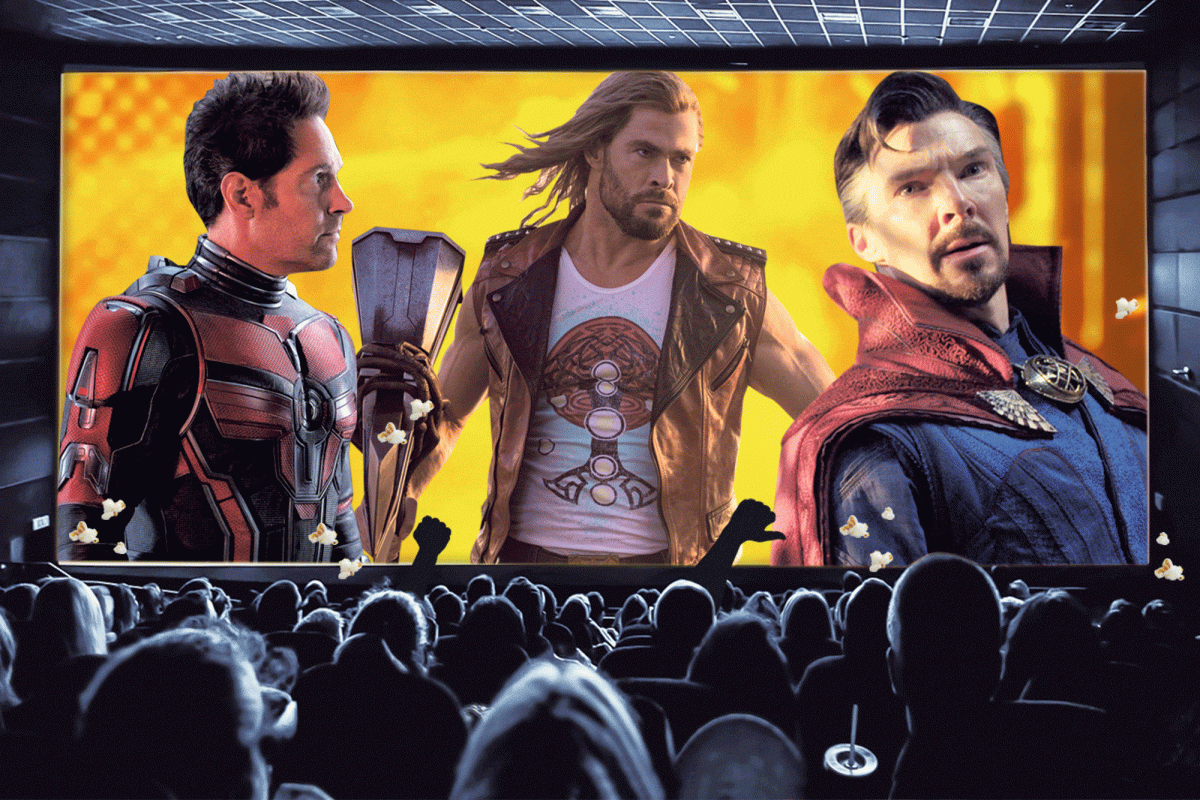

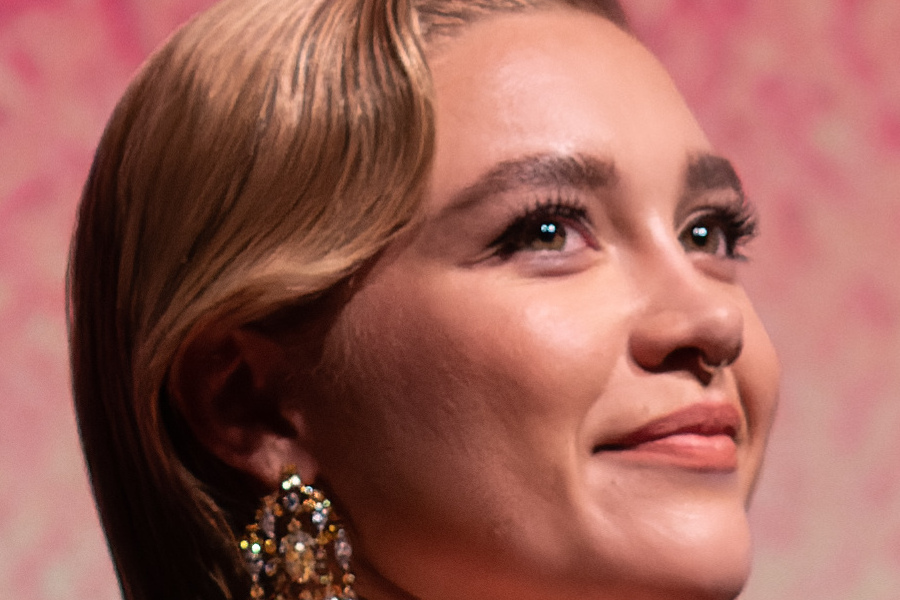
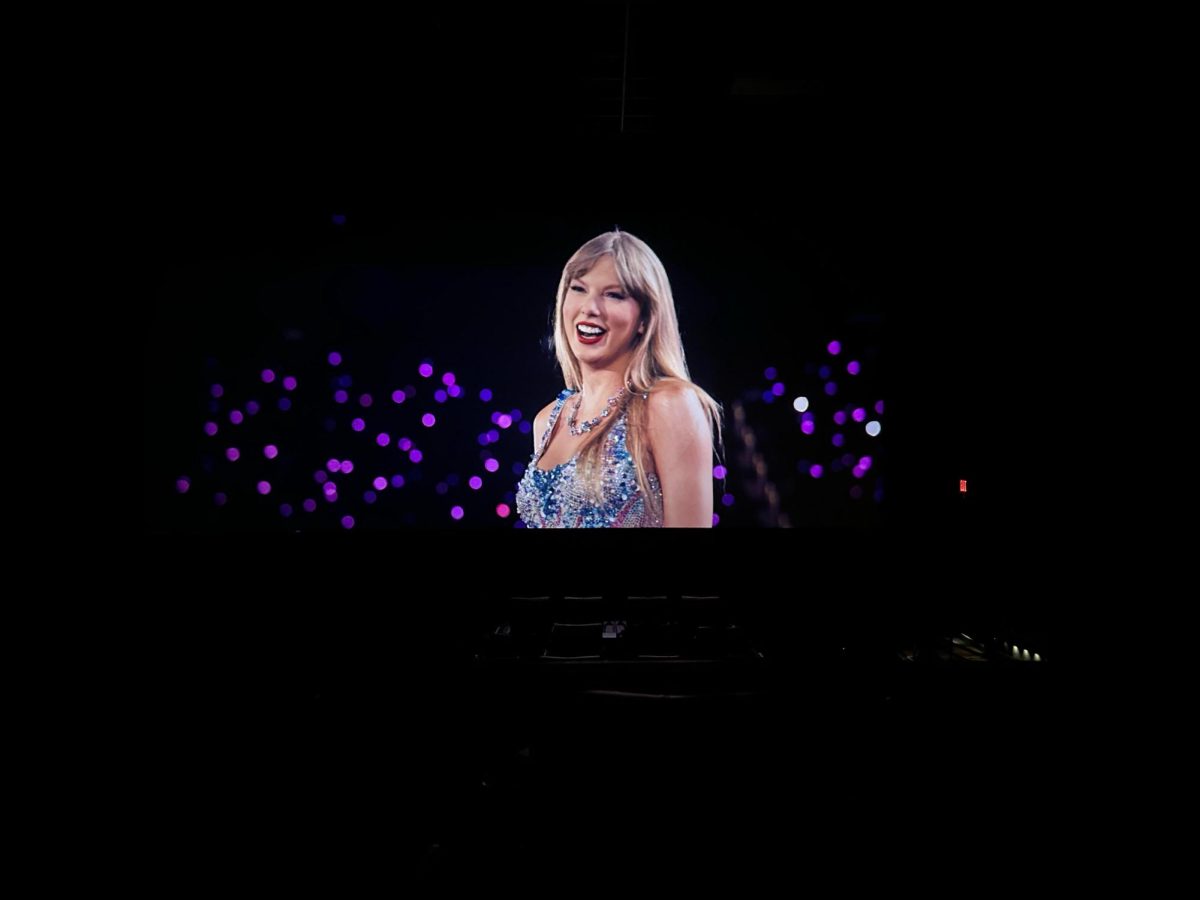


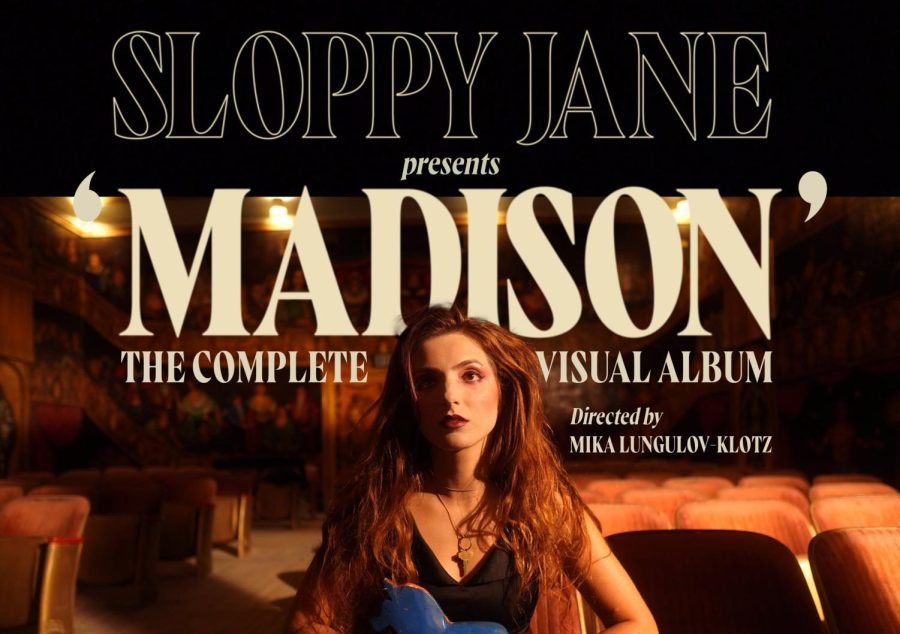


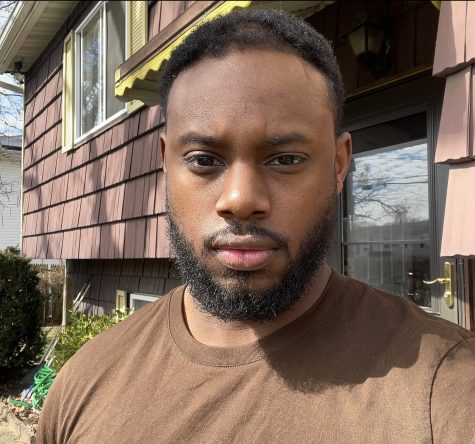
Riley Zalbert • Apr 3, 2023 at 11:49 am
Wow seeing vine in the article is such a throwback for those who had it. But this was a great article about stereotypes and negative ones influencers use to gain followings.